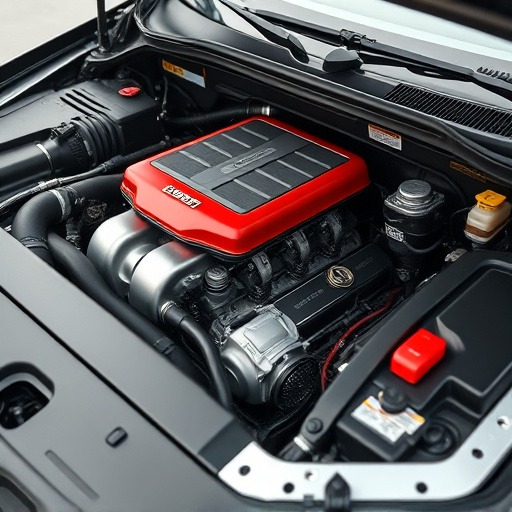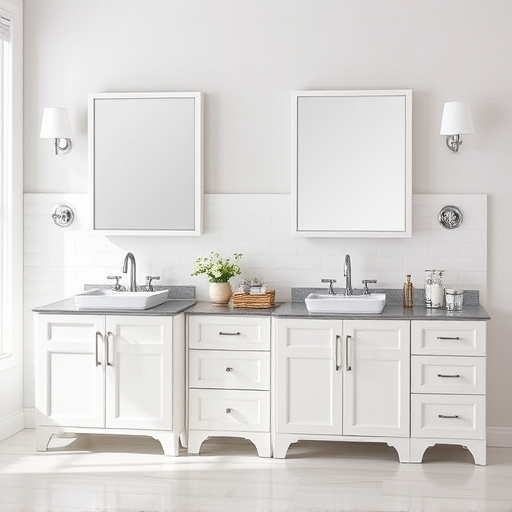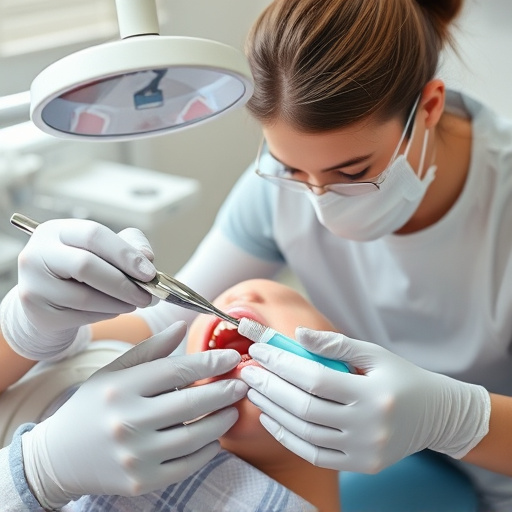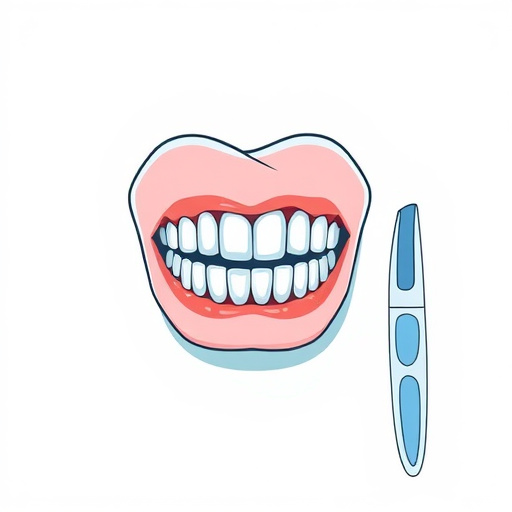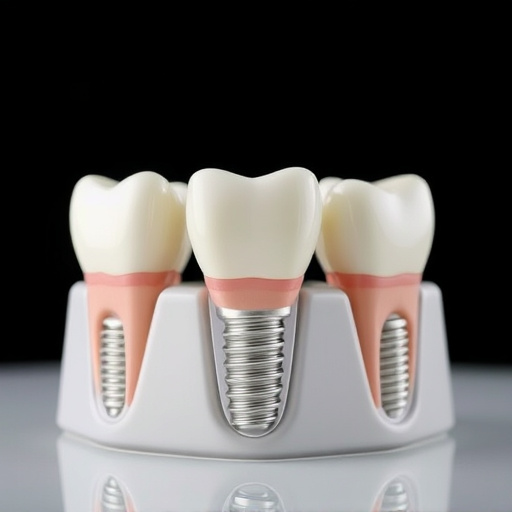Tooth loss requires careful consideration of various tooth replacement options. From traditional dentures to advanced dental implants, each has unique advantages and suitability based on oral health, gum condition, jawbone density, and aesthetic preferences. Dental implants offer a permanent, durable solution with natural appearance and bone preservation. Dentures provide affordable alternatives for those not suitable for implants. Children's dentistry considers early replacement for proper oral development. Regular teeth cleaning is crucial throughout the process to maintain hygiene and prevent complications. Bridges bond false teeth to neighboring teeth, ideal for healthy adjacent teeth. Advanced dentures mimic natural teeth, enhancing quality of life. Recommendations are tailored to individual needs and preferences.
Losing a tooth can be disorienting, but understanding your tooth replacement options is the first step towards restoring your smile. This guide explores comprehensive solutions for both upper and lower teeth replacements, focusing on durability and aesthetic appeal. From dental implants, known for their long-lasting results, to alternatives like bridges and dentures, each option offers unique benefits. By understanding these choices, you can make an informed decision to regain confidence in your oral health and appearance.
- Understanding Tooth Replacement Options
- Dental Implants: A Popular Choice for Long-Lasting Results
- Alternatives to Dental Implants: Bridges and Dentures
Understanding Tooth Replacement Options
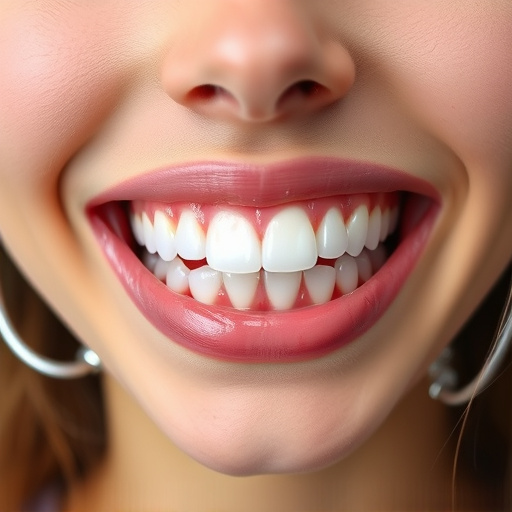
Tooth replacement options are a crucial consideration for anyone experiencing tooth loss, whether it’s due to decay, injury, or other dental issues. The first step in understanding tooth replacement is recognizing the variety of available options tailored to different needs and budgets. From traditional dentures to advanced dental implants, each has its unique advantages and might be more suitable for upper or lower teeth depending on various factors.
Exploring these tooth replacement options involves evaluating your oral health, gum condition, jawbone density, and aesthetic preferences. For instance, dental implants offer a permanent solution, providing a strong foundation for artificial teeth that look, feel, and function like natural ones. On the other hand, dentures, including partial or full sets, are removable alternatives that can be an affordable option, especially for those who might not be suitable candidates for implants due to poor bone health or other medical conditions. In children’s dentistry, tooth extractions often lead to considering permanent replacements early on to ensure proper oral development and a healthy smile for the long term. Regular teeth cleaning is also essential in maintaining oral hygiene throughout this process, as it helps prevent further issues that could complicate tooth replacement procedures.
Dental Implants: A Popular Choice for Long-Lasting Results
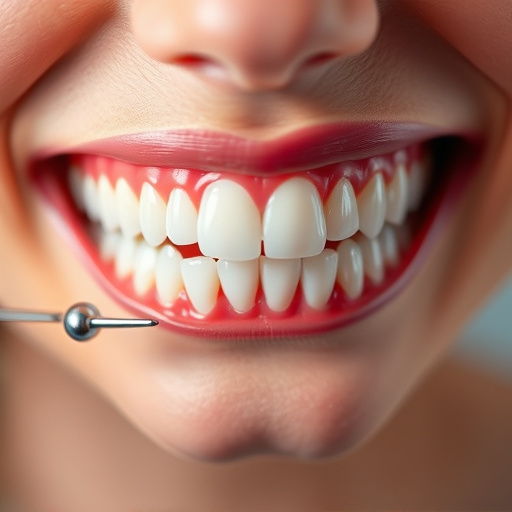
Dental implants have emerged as a popular choice among those seeking long-lasting and effective tooth replacement options, both for upper and lower teeth. This advanced dental procedure involves surgically placing tiny titanium posts into the jawbone to serve as artificial tooth roots. The benefit of this approach is its durability; with proper care, dental implants can last a lifetime. They also offer a more natural look and feel compared to traditional dentures or bridges.
One significant advantage of dental implants is their ability to preserve bone structure in the jaw, which often occurs after losing one or more teeth due to conditions like wisdom tooth removal or periodontal disease. This preservation ensures that facial features maintain their shape and contour over time, preventing the appearance of a sunken or collapsing face, which can be a consequence of long-term tooth loss. Regular dental cleanings and routine oral exams are crucial components in supporting the longevity of these implants.
Alternatives to Dental Implants: Bridges and Dentures
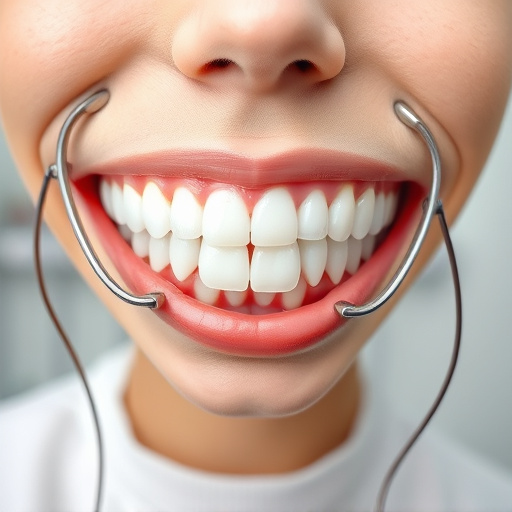
When considering tooth replacement options, dental implants are often the first choice due to their durability and natural look. However, there are alternatives available for those who may not be suitable candidates for implants or prefer different solutions. Bridges and dentures are two commonly used methods in cosmetic dentistry to restore missing teeth.
Bridges offer a fixed solution by connecting a false tooth (or crown) to nearby natural teeth. This method is ideal for individuals with healthy adjacent teeth that can serve as anchors. On the other hand, dentures are removable alternatives crafted to mimic the appearance and function of natural teeth. With advancements in preventive dentistry, modern dentures are designed to be comfortable and secure, enhancing patients’ overall quality of life. Both options have their merits and may be recommended based on individual oral health needs and preferences.
When considering tooth replacement options, whether for upper or lower teeth, it’s crucial to understand the diverse choices available. From durable dental implants offering long-lasting solutions to alternative methods like bridges and dentures, each option presents unique benefits and considerations. By evaluating your oral health, budget, and personal preferences, you can make an informed decision to restore your smile effectively. Explore these options carefully to find the best tooth replacement solution tailored to your needs.





